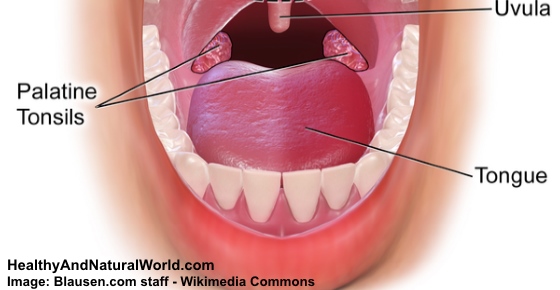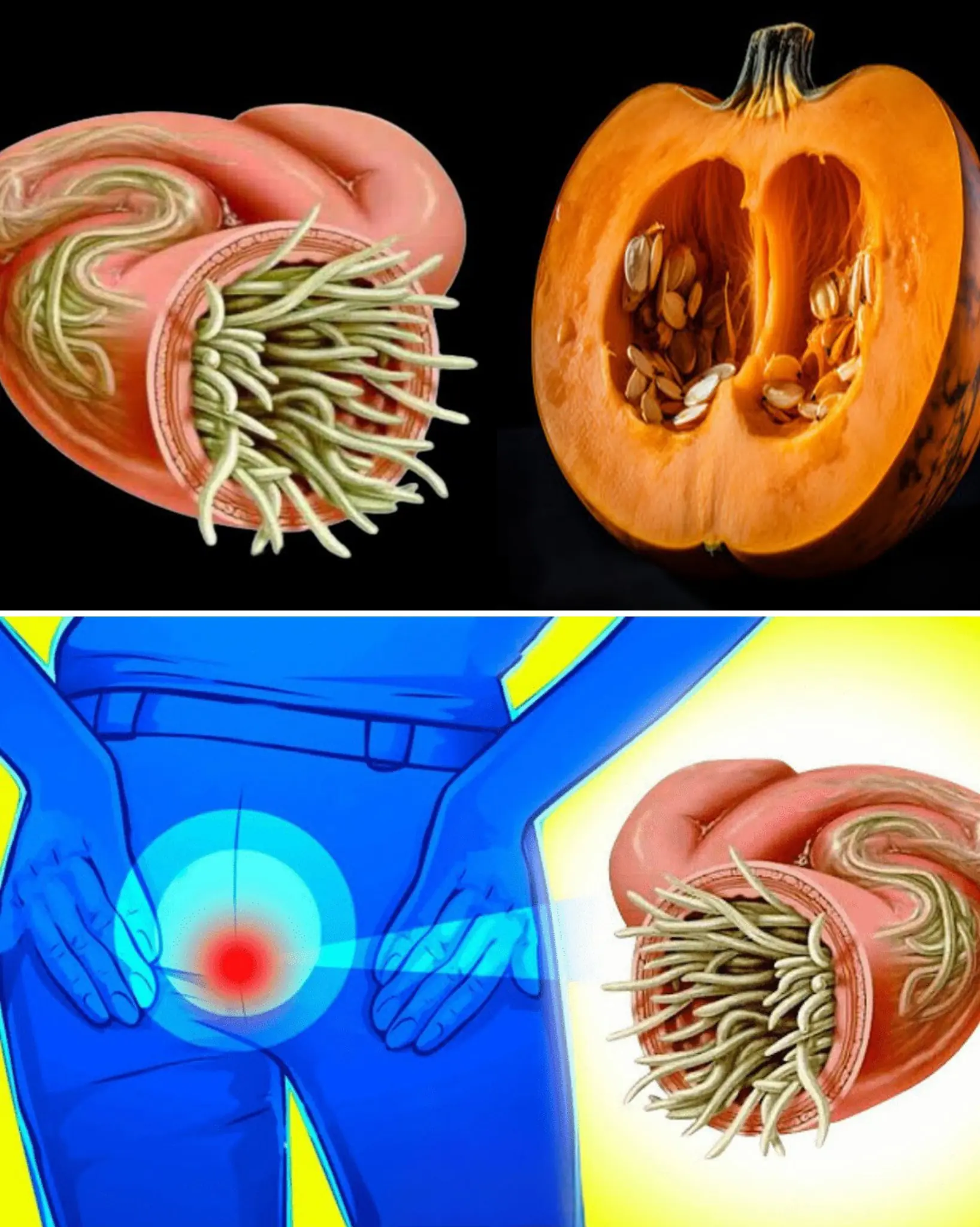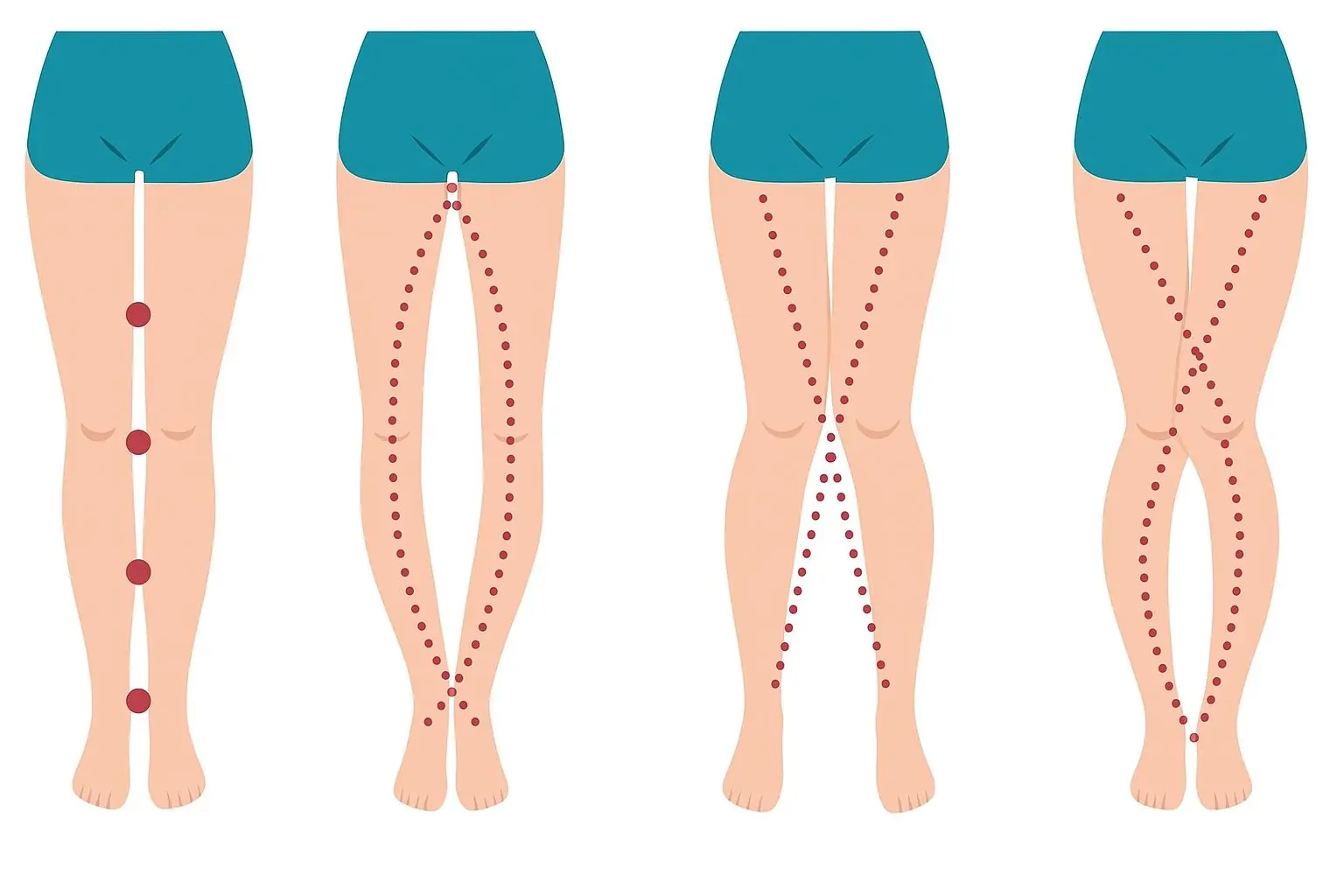Nearly everyone experiences bad breath at some time or another, perhaps upon waking up in the morning or after a meal full of pungent ingredients like garlic or onions, or perhaps due to other common causes. Bad breath can also happen after certain foods, drinks, or medications, but if it doesn’t go away after brushing your teeth, it might be a sign of a more persistent issue: tonsil stones.
This article will discuss what tonsil stones are, what causes them, symptoms of tonsil stones, and how to prevent them. It will also delve deeper into the different options for managing tonsil stones, along with more home remedies you can try.

What are Tonsil Stones?
Tonsil stones, clinically called tonsilloliths, are hard, calcified deposits that form in the tonsils and become lodged in the crevices or pockets known as tonsil crypts. Tonsils are made up of a network of tunnels, folds, and crypts, which can trap different kinds of debris like dead cells, food particles, mucus, and saliva. These particles, combined with bacteria and fungi, can produce a foul odor. Over time, the trapped debris calcifies into hard lumps, which are the tonsil stones.
When you open your mouth wide and look at the back of your throat, you may be able to spot the tonsil stones. They often appear as whitish or yellowish “pebbles” embedded in the tonsil tissue. These stones can vary in size, and in some cases, they can even cause discomfort, creating the feeling that something is stuck in your throat.
Tonsil stones can also create unpleasant sensations such as a sore throat, difficulty swallowing, and chronic bad breath. It is estimated that around 40% of the population has experienced tonsil stones at some point, with the condition becoming more common with age.
Tonsil Stones and Bad Breath
The relationship between tonsil stones and bad breath is clear. Tonsil stones attract anaerobic bacteria that thrive in the lack of oxygen within the tonsil crypts. These bacteria feed on sugars, food particles, and the debris trapped within the tonsils, producing a compound known as volatile sulfur compounds (VSCs), which are responsible for bad breath, also known as halitosis.
A 2008 study published in the British Dental Journal found that individuals with tonsil stones are more likely to experience bad breath than those without them. The study found a tenfold increase in VSCs for people who have tonsilloliths compared to those who do not. That’s ten times the likelihood of experiencing bad breath if you have tonsil stones!
Causes of Tonsil Stones
Tonsil stones develop when debris such as food particles, bacteria, mucous, or dead cells get trapped in the tonsil crypts. Over time, this debris hardens into stones due to the calcification process. While tonsil stones can occur in anyone, they are more common among individuals who have suffered from chronic tonsillitis (inflammation of the tonsils) or those who have larger tonsils, which provide more space for debris to accumulate.
If you’ve ever had tonsillitis, you may be more prone to developing tonsil stones, as they were found in 75% of tonsillitis patients who also experienced bad breath in a study by the State University of Campinas in Brazil. This is in stark contrast to only 6% of individuals with normal breath having tonsil stones.
Good oral hygiene can reduce the likelihood of tonsil stones, but those with larger tonsils or insufficient dental care may experience them more frequently.
Symptoms of Tonsil Stones
Many people with tonsil stones do not experience noticeable symptoms and may only discover them during a routine check-up or when looking at the back of their throat in the mirror. However, in other cases, tonsil stones can cause significant discomfort and irritations. Some of the most common symptoms include:
-
A sore or irritated throat
-
Swollen or red tonsils
-
Feeling of something being stuck in the throat, often with discomfort
-
Earaches or pressure
-
Chronic bad breath (halitosis)
-
Difficulty swallowing or pain when swallowing
-
In rare and extreme cases, difficulty breathing
If you notice these symptoms, it’s important to see a healthcare professional to confirm whether they are caused by tonsil stones or another underlying issue.
How to Prevent Tonsil Stones
Maintaining good oral hygiene is key to preventing tonsil stones. Brushing your teeth twice a day, flossing regularly, and using a tongue scraper can help remove debris from your mouth that could otherwise accumulate in the tonsils. Avoiding smoking and drinking alcohol, which can dry out the mouth, may also help reduce your chances of developing tonsil stones.
However, if you are prone to recurring tonsil stones, you may want to incorporate a few additional strategies into your routine:
-
Avoid alcohol-based mouthwashes: Harsh, alcohol-laden mouthwashes can kill both bad and good bacteria, leading to imbalances in your oral microbiome. Instead, opt for a natural mouthwash with antibacterial properties.
-
Incorporate fermented foods: Fermented foods like yogurt, kefir, kimchi, and sauerkraut can support the balance of healthy bacteria in your mouth and digestive tract. This can help prevent the buildup of harmful bacteria in your tonsils.
-
Stay hydrated: Drinking plenty of water keeps the mouth moist and helps wash away food particles and bacteria that can contribute to tonsil stone formation.
The Best Home Remedies for Tonsil Stones
If you find yourself dealing with tonsil stones, there are several remedies you can try at home to alleviate the symptoms or even remove the stones entirely. Here are some of the most effective methods:
-
Salt Water Gargle: Gargling with warm salt water is one of the most effective home remedies for tonsil stones. The salt helps to loosen debris, relieve irritation, and may even dislodge stones. Simply dissolve a pinch of sea salt into a cup of warm water and gargle several times per day.
-
Lollipop Treatment: Sucking on a lollipop may help loosen tonsil stones, as the suction created can help dislodge the stones from their crevices. This is a simple and enjoyable way to tackle the problem.
-
Cotton Swab or Toothbrush Method: If you can see your tonsil stones in the mirror, you can try using a cotton swab or the blunt end of a toothbrush to gently apply pressure to the stones and push them out of place. Make sure to be gentle to avoid damaging the delicate tonsil tissue. Afterward, gargle with salt water to clear any remaining debris.
When to Seek Medical Help
If tonsil stones are large, stubborn, or cause persistent discomfort, it may be necessary to see a doctor or ENT specialist. In some cases, tonsil stones can be removed professionally, and for individuals who experience recurring problems, a tonsillectomy (surgical removal of the tonsils) may be recommended.
By practicing good oral hygiene, staying hydrated, and being aware of the signs and symptoms, you can prevent or manage tonsil stones and avoid the discomfort and bad breath that can come with them. If you find that home remedies are not effective, don’t hesitate to seek professional help for a solution.
































